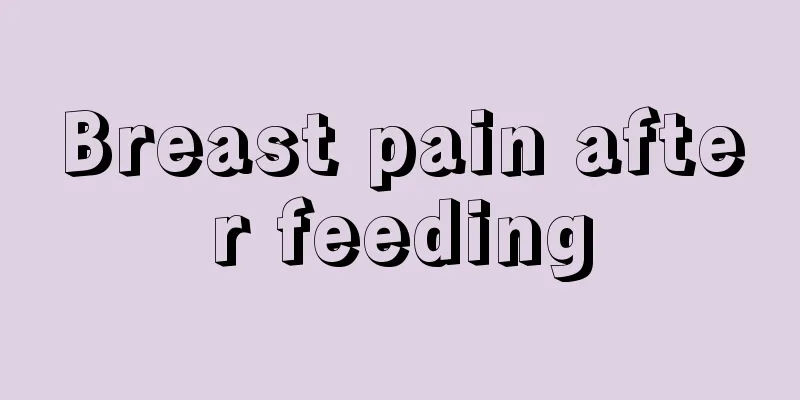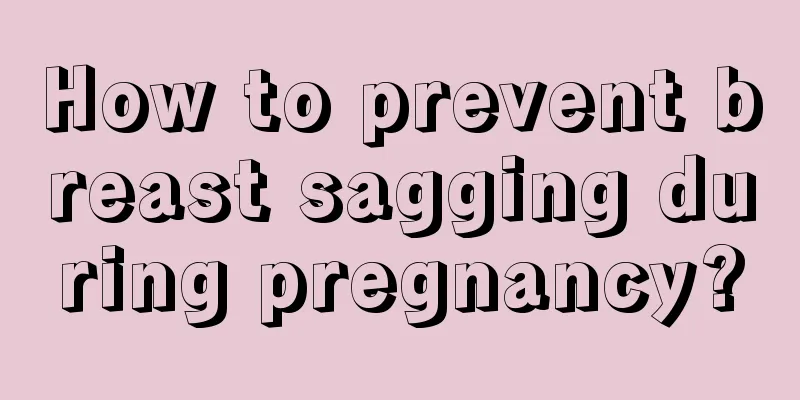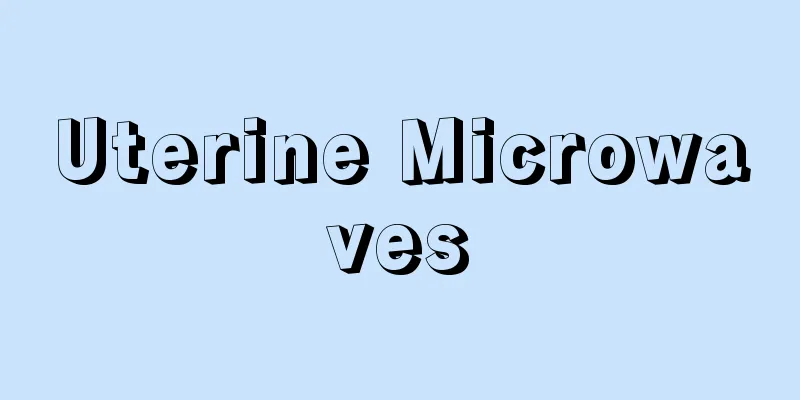Breast pain after feeding

|
For mothers who have just given birth, it should be a happy feeling to watch their babies sucking milk in big gulps while breastfeeding. But for some mothers, they feel happy but also extremely painful at the same time. Because these women's breasts will feel a stabbing pain like needles whenever they breastfeed or after breastfeeding. We say that this symptom may be caused by mastitis. Next, let us learn more about this breast disease. 1. Concept Mastitis is a common disease among women. According to the different causes, it can be divided into acute suppurative mastitis, paraareolar fistula, plasma cell mastitis, etc. Acute suppurative mastitis often occurs during lactation, especially within 1 to 2 months after delivery in primiparas, so it is also called acute lactation or puerperal suppurative mastitis, and is called "mast abscess" in traditional Chinese medicine. 2. Causes 1. When the nipple is underdeveloped, inverted, inverted or split, the mammary ducts are blocked from draining milk, causing milk stasis. Milk stasis is the prelude and basis of bacterial infection. 2. Milk stasis is mostly caused by insufficient breastfeeding experience or improper methods, prolonged breastfeeding, children "sleeping with milk", resulting in erosion of the nipple surface or children biting the nipple, bacteria entering through the hole. The pathogenic bacteria are mostly Staphylococcus aureus and a few are hemolytic streptococci; or due to colds, pharyngitis, bacteria travel through the blood into the stagnant milk and multiply in large numbers, causing suppuration. 3. Postpartum women are weak in physical condition and have decreased immunity. They are wrapped too tightly, sweat a lot, and are not cleaned enough, resulting in local moisture in the breasts, which also provide a breeding ground for the growth and reproduction of bacteria. 4. Breast trauma such as squeezing and impact during lactation can easily induce mastitis. Symptoms The breasts are swollen, hard, painful, with unclear boundaries and often obvious tenderness. The breast color is normal or slightly red, with slight fever or high fever and chills, pain and swelling, and bright red color in some areas. It quickly becomes purulent and ulcerated, and is often accompanied by chest tightness, headache, loss of appetite, etc. If the nipples are cracked, you will feel a pain like a needle prick in the nipples when breastfeeding, and one or two small pus spots or very small cracks may be seen on the surface of the nipples. If the cellulitis stage fails to dissipate in time, the inflammation will continue to develop, tissue necrosis, and abscess formation are inevitable. The lump gradually grows larger and harder, and the pain becomes more severe, often throbbing or even persistent, and the local skin of the breast becomes red and burning. The patient has a persistent high fever, thirst, nausea and anorexia, and swollen lymph nodes in the ipsilateral axillary. After 2 to 3 days of redness, swelling, heat and pain, the center of the lump gradually becomes soft and fluctuating, the center becomes red, swollen and shiny, the skin becomes thinner, and large areas of surrounding skin become bright red. Pus will be sucked out during puncture. IV. Treatment In the early stage, you can use manual milk discharge and Chinese medicine treatment. After suppuration, incision and drainage are required. Acute mastitis should be treated as early as possible. Early mastitis is mainly characterized by milk stasis inflammation, which has not yet formed into pus, and can be treated with ultrashort wave therapy. If the fever is high, it can be treated with infusion and antibiotics. It is recommended not to breastfeed while taking antibiotics. 5. Prevention During pregnancy, you should keep both sides of your breasts clean, and try to start breastfeeding within 30 minutes after delivery; if there are congenital malformations of the nipples, such as inverted or split nipples, you should find ways to correct them in the early and middle stages of pregnancy; it is best to sleep on your back to avoid squeezing the breasts by leaning sideways; choose a suitable bra; and avoid external forces colliding with the breasts during daily activities. |
<<: Breast lumps in teenage girls
>>: Why do breasts squeeze out water?
Recommend
Can a woman with a broken bone have sex?
In real life, accidentally being traumatized by t...
Special reminder from pharmacists: Pay attention to fever after drug treatment - drug fever
Fever, also known as "fever", is a symp...
Is hydronephrosis serious in women?
If female friends are diagnosed with hydronephros...
Is sneezing caused by wind-cold or wind-heat? What should I do if my nose keeps sneezing?
Sneezing is a common phenomenon in our daily life...
I'm only one month pregnant, do you feel anything?
Pregnancy is a relatively long process. From the ...
Why do I have blood clots every time I have my period?
Adult women normally have their menstrual period ...
What are the reasons for brown vaginal discharge after menstruation?
The normal color of leucorrhea should be colorles...
Can I get pregnant if I have chronic pharyngitis?
Pregnancy is a major event in a woman's life....
What should you pay attention to after menopause?
Most women will not experience menopause suddenly...
What is the cause of bleeding when pregnant?
If a woman bleeds from below during pregnancy, it...
Why pregnant women are always thirsty?
It is inevitable to encounter some special physic...
Why don't you cut the first stalk of leeks? Will the more you cut the leeks, the more vigorous they will grow?
In rural areas, every household grows some leeks....
Is a swan neck natural? What are the methods to train a swan neck?
Swan neck is the favorite look of every beauty lo...
Why is the platelet count high in pregnant women?
High platelet count is a more common symptom, whi...
Why is my belly cold when I'm pregnant?
Every woman experiences different symptoms during...









